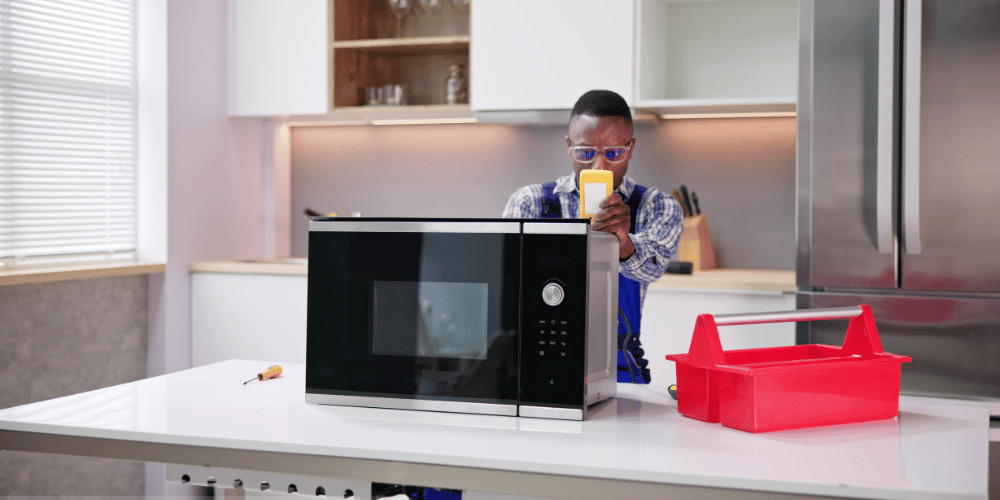In short, there are no legal expiry periods for Portable Appliance (PAT) Testing. But to ensure ongoing electrical safety, appliances should be tested at least every 12 months in offices, every 3-6 months on construction sites, and every 6-12 months in industrial settings. Frequencies may need adjusting based on equipment wear and tear.
These testing intervals are recommended by the Health and Safety Executive (HSE) to satisfy UK health and safety legislation. They help identify damaged appliances before dangerous electrical faults occur. Now let’s explore portable appliance testing in more detail.

The Importance of PAT Testing on Time
Portable appliance testing, commonly referred to as “PAT testing”, examines the electrical safety of portable electrical equipment. This covers all devices plugged into mains power like kettles, vacuum cleaners, drills, computers etc.
By testing insulation resistance, protective earthing provision and other key parameters, PAT testing detects appliances that have wiring faults or component damage that could cause electric shocks, fires or equipment failures.
In an average year, around 25 fatal electrical accidents occur in UK workplaces. Many of these incidents are caused by faulty, damaged or poorly maintained electrical appliances that PAT testing would have identified.
Typical PAT Testing Procedures
During portable appliance testing, technicians complete thorough visual inspections of cables, plugs and appliance casings for signs of damage. Cracks, scorch marks, bare wires and other faults can indicate potential electrical dangers.
They then perform electrical safety tests tailored to each appliance type. For example, insulation resistance meters check that insulating materials can effectively prevent current leaking to metal casings. Continuity testing confirms that protective earthing conductors provide a safe path to ground in a fault condition.
If appliances fail visual examinations or electrical tests, they are labelled as defective and taken out of service until repairs can be completed. PASS labels are applied to appliances found to be electrically safe.
Influencing Factors on Testing Frequencies
While HSE guidelines provide baseline PAT testing intervals, individual businesses should consider further factors that might warrant more frequent testing.
For equipment that is moved often, dropped frequently or used in harsh conditions, electrical faults can develop much faster. Appliances that are servicing a greater number of people also have higher consequences if an incident were to occur.
Likewise, older appliances have had longer for insulation materials to degrade or internal connections to weaken through repeated heating/cooling cycles and vibrations during use.
By understanding unique risks and usage patterns in their workplaces, businesses can tailor PAT testing schedules appropriately to better prevent electrical accidents.
Contact DH Electrical Services today on 01234 567890 to discuss your PAT testing requirements. Our fully qualified electricians in Liverpool provide thorough, efficient testing across the North West while keeping disruption to your workplace low.



